While real world benchmarks are a better look at what you can expect to get out of a product, synthetic ones are good for quotable numbers and the reliability of repeatable tests. With that in mind, we also ran the Corsair Voyager Go through CrystalDiskMark and Atto Disk Benchmark to see what the raw numbers are like.
Each test was performed twice for accuracy.
As we would have expected with the Voyager Go based on our real world testing, it has excellent read speed, but limited write speed. For comparison purposes, here's the Patriot and Mach Xtreme drive results:
For those with laptops or desktops without USB 3.0 ports, it's worth checking how a device like this performs in a USB 2.0 port, as it's still the most common type around. Again, tests were run multiple times for accuracy.
While obviously significantly reduced from the USB 3.0 results, the read speed result here is strong. However, the write speed isn't that inspiring, showing overall that the Voyager Go is not a strong device when it comes to write speed.
For comparison purposes, here's the Mach Xtreme drive's USB 2.0 results:
The ATTO Disk Benchmark performance measurement tool is compatible with Microsoft Windows. Measure your storage systems performance with various transfer sizes and test lengths for reads and writes. Several options are available to customize your performance measurement including queue depth, overlapped I/O and even a comparison mode with the option to run continuously. Use ATTO Disk Benchmark to test any manufacturers RAID controllers, storage controllers, host adapters, hard drives and SSD drives and notice that ATTO products will consistently provide the highest level of performance to your storage.
Atto results as expected, are fairly similar, with reasonable read speeds but low write rates.
 KitGuru KitGuru.net – Tech News | Hardware News | Hardware Reviews | IOS | Mobile | Gaming | Graphics Cards
KitGuru KitGuru.net – Tech News | Hardware News | Hardware Reviews | IOS | Mobile | Gaming | Graphics Cards


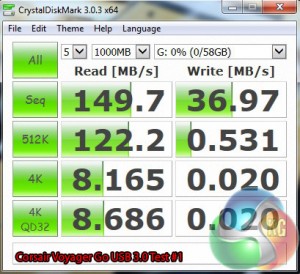
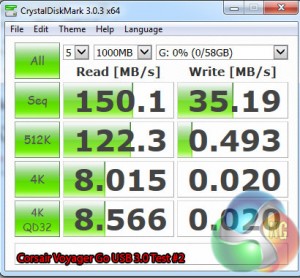
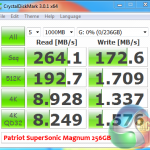
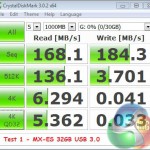
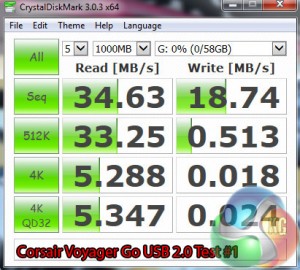
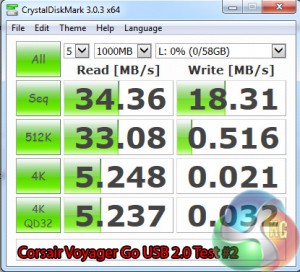
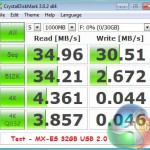
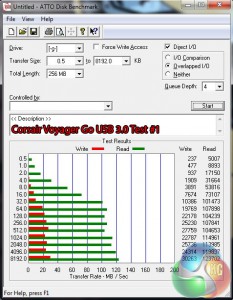
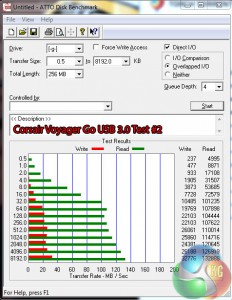

No cable could also be a minus if you put music on then it might break in your pocket without a cable.